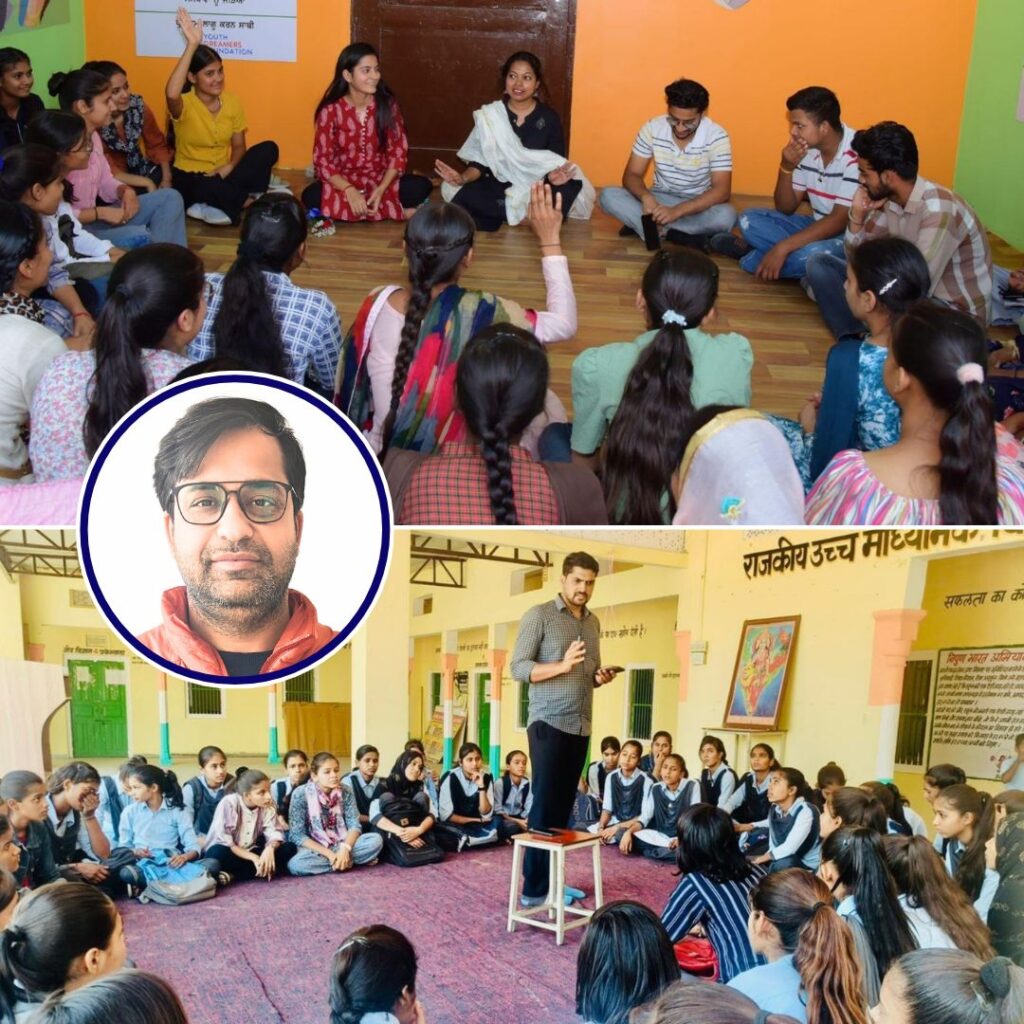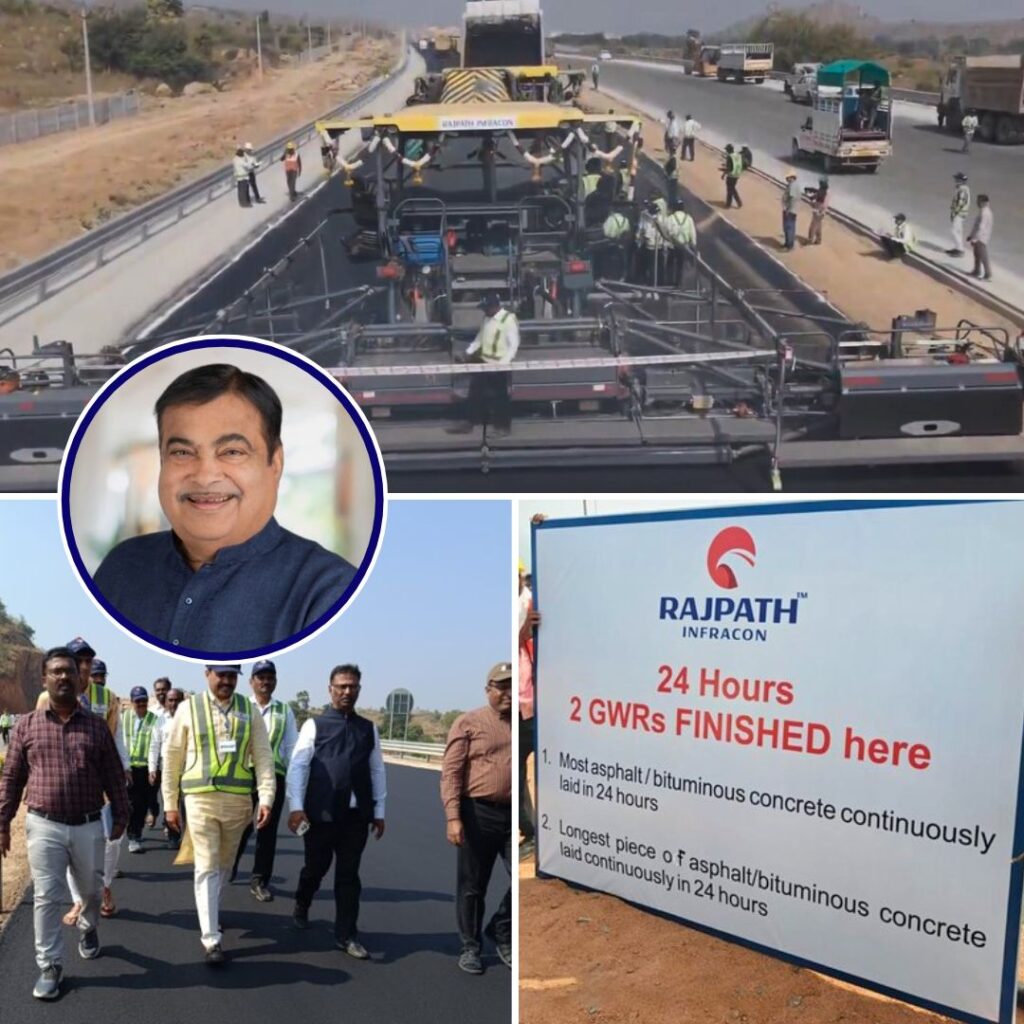The Tamil Nadu government asked the universities in the state to begin online classes from August 3. The state’s higher education department stated that this was to ensure that students are taught for the mandatory academic hours for the next semester.
The department reportedly held an online meeting with vice-chancellors of state universities to discuss the reopening process, conducting online classes, reducing syllabus and awarding marks for cancelled exams.
Higher education minister K P Anbalagan chaired the meeting and also said that 70% of students in colleges have access to digital devices with internet connectivity while the remaining 30% may be provided with alternatives like video lessons on their laptops or in pen drives.
However, the announcement disregarded several challenges that the students and the teachers are struggling with, thus catching them off-guard.
Students belonging to economically weaker families cannot afford smartphones and laptops for online classes. Several who reside in remote villages and hills lack digital access and thus have to walk miles every day to find the ‘spot’ where they can gain access to good-speed internet.
According to The New Indian Express, school students from Manalodai village on Pachamalai hill in Tiruchirappalli District have to embark on a one-kilometre treacherous trek to reach specific ‘cave-like spot’ on the top of the hill because that is reportedly the only place which provides access to the internet and facilitates online classes.
‘From the first week of August, our teachers started taking classes online. They send recorded videos to a WhatsApp group of students. We have to download those videos to listen to their classes,’ said S Deepika, a class 12 Biology group student at the Government Girls’ Higher Secondary School at Manachanallur.
The publication also reported that children from the neighbouring villages including Thonur, Chinna Iluppur, Thalur and Melur also form part of this group that treks to the ‘digital cave’. It has been the only spot that has a mobile signal allowing internet access as it faces the plains on which mobile towers are located.
Deepika also mentioned that the signal is weak even at the spot and they have to wait for a long time to download the videos and get ahead with their lessons.
Citing another downside of slow internet, one of Deepika’s classmate said, ‘Teachers conduct online tests after finishing a lesson. Even before we download the test papers on WhatsApp, several students from other places post their answer papers on the group! Because of the difficulty in accessing the Internet, we are always two days behind in attending tests.’
Tribal students residing in remote areas who have their classes streamed live are the most affected. They visit the spot according to their class schedule and go through a tough time in coping with the lessons amid such a digital divide.
‘Only six of our class XII students meet the requirements to attend the online classes. Even if they watch the televised classes, we need the facilities to monitor them. The wide gap in access to smartphones and the internet in rural areas are excluding the students from the education they deserve,’ said an English teacher in a government higher secondary school in Tiruchendur, reported News Click.
20-year-old Sundar, a B.Sc Chemistry student at a government-aided college in Madurai shared his experience of online learning amid the on-going COVID-19 crisis.
‘My class has 38 students; ten of them do not have a smartphone. As for myself, I lost my part-time job because of the lockdown, so did my parents. So, even if they did start the online classes, how can I afford `500 a month just for mobile recharge?’ he asked.
Several media reports highlighted suicide incidents in the state with students taking extreme steps for the lack of smartphones and laptops for online classes.
The less privileged families have been suffering due to a lack of income, salary cuts and even job losses due to the coronavirus induced lockdown and have been unable to provide for the digital infrastructure necessary to attend the classes which add to the pressure on the students.
The coronavirus pandemic has resulted in pay-cuts and with prices of the essentials shooting up, it is a task for such families to sustain themselves let alone arrange for smartphones and internet packages for continuous classes.
The online-education mechanism also has the teachers and the college faculty on the receiving ends.
Associate Professor from Madurai Kamaraj University (MKU) College, P Murugesan, pointed out the teachers were not trained on how to conduct online courses.
‘A few lecturers have difficulties to even use a smartphone. Moreover, a majority of students at the MKU constituent colleges and the MKU College are from economically-weaker families; they cannot afford to buy a smartphone for their wards,’ he said.
The teachers have …













